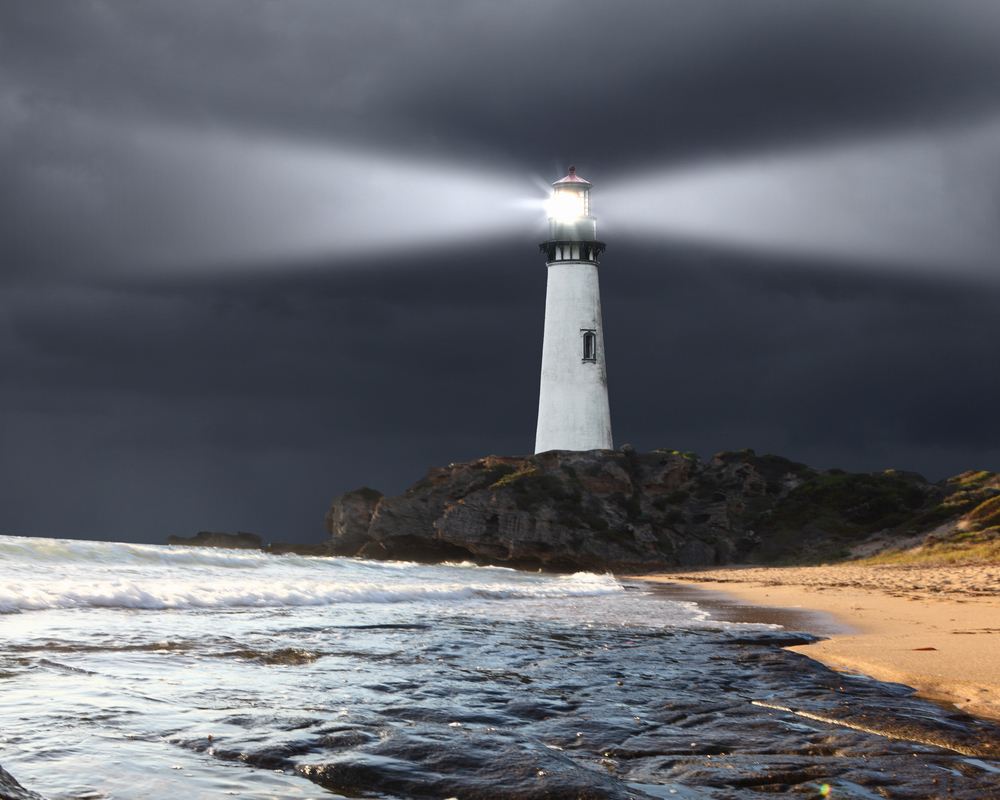A Conversation with Ronald H. Coase

Nobel laureate Ronald H. Coase (1910-2013) was recorded in 2001 in an extended video now available to the public. Coase’s articles, “The Problem of Social Cost” and “The Nature of the Firm” are among the most important and most often cited works in the whole of economic literature. Coase recounts how he tried to encourage “economists and lawyers to write about the way in which actual markets operate, and about how governments actually perform in regulating or undertaking economic activities.”
Below are some discussion prompts and other materials related to this video:
5:00 Key Influences
1- Who does Coase describe as having has the greatest influence on him during his time at the LSE and in New York?
6:53 The Theory of the Firm
2- Coase says he arrived in New York with “a definite question.” What was this question, and why did it seem so paradoxical at the time?
3- Coase says of this same time that he was able to “hold contradictory views without discomfort.” What are these contradictory views he speaks of, and how was he able to resolve this contradiction?
4- What are transaction costs, and how do they differ from managerial costs? What role do transaction costs play in the theory of the firm, according to Coase?
15:15 Study of Public Utilities
5- Coase describes the theory of natural monopoly as having originated in 19th century London concerning the local water supply. What was the main argument for municipal control, and what was the “dubious conclusion” which was ultimately arrived at?
6- What is the greatest weakness of the doctrine of natural monopoly, according to Coase?
7- Why does Coase suggest that the private water companies in 19th century London lost out to the political regime? What are some parallel examples from the 20th and 21st centuries?
22:25 State Involvement in Public Utilities
8- Why does Coase suggest that the state originally got involved in the postal service, which he says had “nothing to do with economics and everything to do with politics?” To what extent do you think this holds true today, and why?
9- What is Coase referring to when he says that a disadvantage of markets is that they reveal people’s actual preferences? Does this fairly or unfairly relate to social class, and why?
28:56 The Post-War Period
10- What was the nature of the “marginal cost controversy” occurring in the post-war period?
11- Why does Coase suggest that the most interesting work being done today is in business schools, not economics departments? To what extent do you agree that this is true?
12- How does the BBC illustrate both the economic and political effects of monopoly, according to Coase? When Coase shifted his focus of study to the United States’ FCC, what did he recommend, and why?
39:00 The Coase Theorem
13- Epstein asks Coase if the significance of the Coase theorem is that it forced people to think about a world of zero transaction costs. But Coase says that wasn’t it. Why does Coase think the Coase theorem was so novel?
14- In what ways does Coase feel that he benefitted from a lack of formal economics training? Would this hold true of economics training today? Why or why not?
15- Why has Coase’s “The Problem of Social Cost” been more influential with lawyers than economists? To what extent do you feel this is justified?
49:00 The Lighthouse
16- Coase says somehow he “just knew” that Samuelson’s example of the prototypical public good was incorrect. How did Coase demonstrate otherwise?
17- What is the relationship of the state to property rights, according to Coase? To what extent do you agree with Coase’s characterization?
18- When Coase wrote his piece on durable goods monopolies, he claims it was the only time he rushed to write something because he was sure someone else would beat him to it. Describe what he had to say about these types of monopolies, and why it was novel.
19- What was the nature of the disagreement between Coase and Milton Freidman regarding the methodology of positive economics?
20- What advice would Coase give to a young economist today? How good is this advice today, in your opinion?
Related References:
Buchanan’s Cost and Choice: An Inquiry in Economic Theory
Buchanan and Thirlby (eds), L.S.E. Essays on Cost
- Coase, “Business Organization and the Accountant:”
Ronald Coase, “The Institutional Structure of Production,” Nobel Prize lecture
Entries from the Concise Encyclopedia of Economics:
- Ronald Coase biography
- Lionel Robbins biography
- Law & Economics, Paul Rubin
- Property Rights, Armen Alchian
EconLib Articles:
- Pedro Schwartz, Ronald Coase: The Unexpected Economist
- Pedro Schwartz, The Rebirth of Classical Political Economy
- Peter Boattke, The Role of the Economist in a Free Society: Friedman to Coase
- Mike Munger, Bosses Don’t Wear Bunny Slippers: If Markets Are So Great, Why Are There Firms?
- Mike Munger, Orange Blossom Special: Externalities and the Coase Theorem
- Arnold Kling, The Institutions-Intensive Economy
EconTalk Podcasts:
